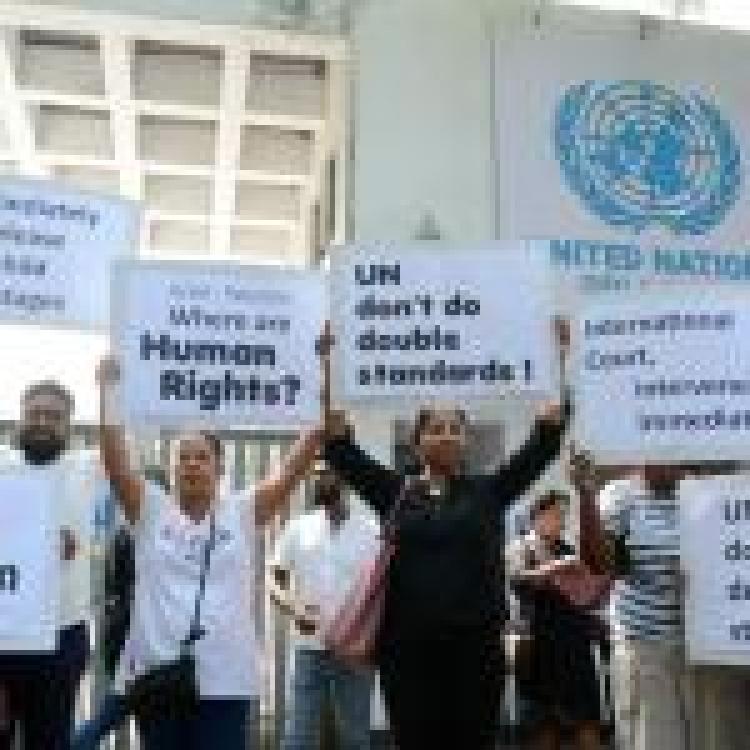Thousands of applications for agricultural and construction work in Israel have been filed in Sri Lanka, as Israel struggles with labour shortages following mass deportations of Palestinians.
Around 82,000 Palestinians worked in the country’s construction industry accounting for a third of the sector’s workforce but were subsequently deported or stripped of work permits following the beginning of the war.
Left without these workers – as well as another 2,000 from China and Eastern Europe who returned home after Oct 7 – construction sites across Israel have gone quiet, significantly denting the country’s economy. The labour shortage has been exacerbated by the mobilisation of hundreds of thousands of Israeli reservists.
The Israel Builders Association (IBA) estimates that the industry, one of the country’s biggest economic sectors with a market size valued at US$71 billion (S$94 billion) in 2022, has been operating at just 15 per cent of its pre-war capacity.
This has brought urgency to the recruitment of fresh foreign workers, and representatives from IBA will be in India and Sri Lanka next week to screen applicants for various roles such as plastering, ceramic tiling, building formwork and iron bending.

Sri Lanka Ambassador to Israel Nimal Bandara met with with Agriculture Minister Avi Ditcher.
He encouraged Sri Lankan citizens in Israel to remain here and help with the war effort by donating blood and volunteering on farms.
The first group of Sri Lankans selected for jobs in the agricultural sector left for Israel last week.
According to the Foreign Employment Ministry, 80 people were included in this group that left from the Katunayake Airport.
Air tickets for the first batch of workers were handed over by the Minister of Labour and Foreign Employment Manusha Nanayakkara at a ceremony held yesterday to mark International Migrant’s Day.
During the event, the Minister stated that, according to a bilateral agreement between the two countries, 10,000 workers can fly to Israel in the next few weeks.
The Sri Lankan workers will join some 9,000 compatriots already in Israel, working in farming and care for the elderly.
Sri Lanka, an island of 22 million, saw its economy contract 7.8% last year during the country's worst economic crisis in more than seven decades, pushing 2.5 million people into poverty, according to the World Bank.
It has seen a steep increase in the number of people migrating since the crisis, with about 312,000 leaving in 2022 and 268,000 this year, government data shows. They have gone to countries including Saudi Arabia, the United Arab Emirates, Britain, Canada and New Zealand.


